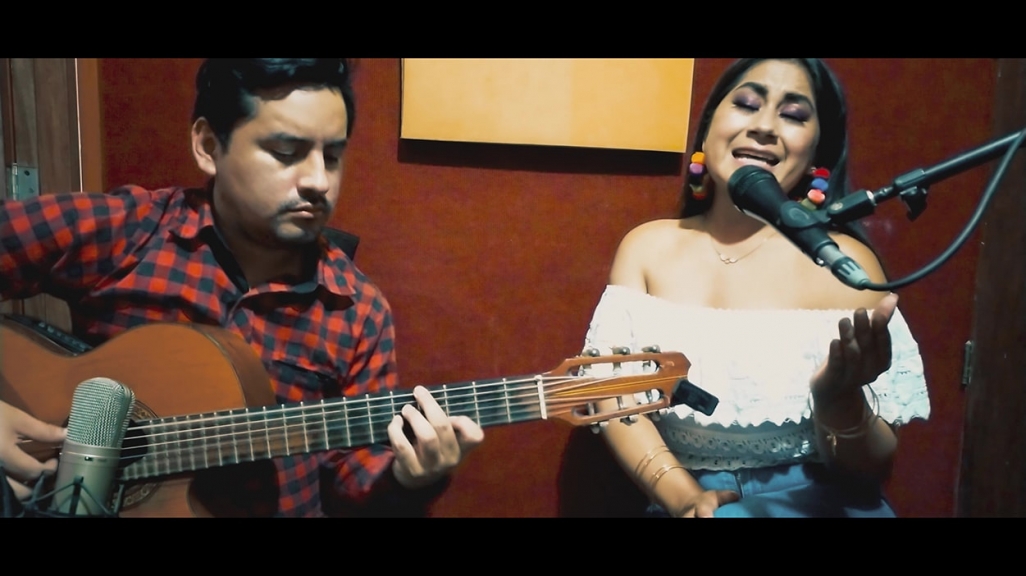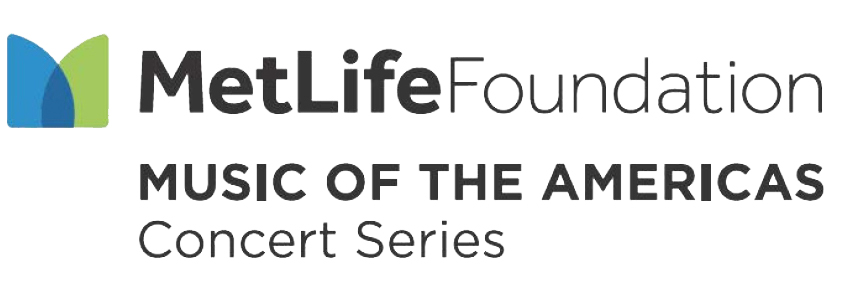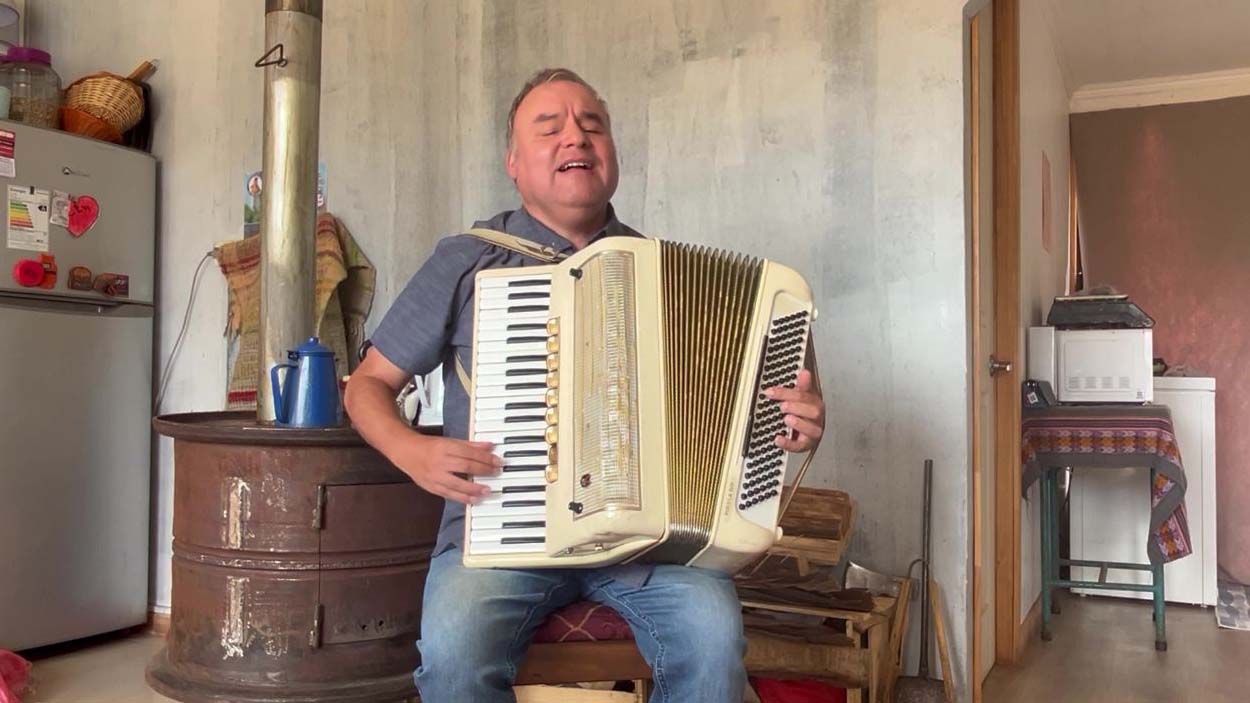Music of the Americas: Quechua Voices from Peru
Music of the Americas: Quechua Voices from Peru
Peruvian guitarist and producer Marino Martínez selected a group of female singers who perform traditional music of the southern Peruvian Andes.
Support the Music of the Americas performances of tomorrow with a gift to Americas Society today!
Marino Martínez has been researching and performing traditional Quechua music from southern Peru for decades. For this week's En Casa (At Home), he selected a multigenerational group of female singers who are keeping that musical tradition alive.
In addition to his work as a teacher, guitarist, composer, and promoter of the music and languages of the Andes, Martínez is currently working on a master's in anthropology in Lima. He has appeared in recital throughout the Americas and in Europe and recorded several albums of Peruvian traditional music. Martínez is the research director at Caminos del Inka, a project dedicated to the promotion of Latin American classical music, as well as the director of Yaku Taki, a documentation center dedicated to traditional Peruvian music. His book Manuel Acosta Ojeda, arte y sabiduría del criollismo was published by Escuela Nacional de Folklore José María Arguedas in 2018.









